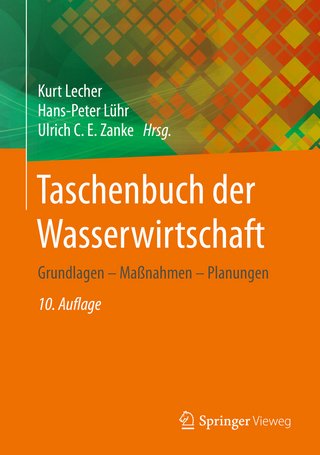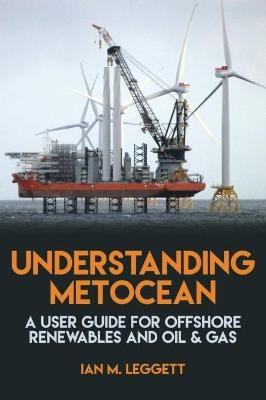
Climate Mathematics
Cambridge University Press (Verlag)
978-1-108-47687-4 (ISBN)
This unique text provides a thorough, yet accessible, grounding in the mathematics, statistics, and programming that students need to master for coursework and research in climate science, meteorology, and oceanography. Assuming only high school mathematics, it presents carefully selected concepts and techniques in linear algebra, statistics, computing, calculus and differential equations within the context of real climate science examples. Computational techniques are integrated to demonstrate how to visualize, analyze, and apply climate data, with R code featured in the book and both R and Python code available online. Exercises are provided at the end of each chapter with selected solutions available to students to aid self-study and further solutions provided online for instructors only. Additional online supplements to aid classroom teaching include datasets, images, and animations. Guidance is provided on how the book can support a variety of courses at different levels, making it a highly flexible text for undergraduate and graduate students, as well as researchers and professional climate scientists who need to refresh or modernize their quantitative skills.
Samuel S. P. Shen is Distinguished Professor of Mathematics and Statistics at San Diego State University, and Visiting Research Mathematician at the Scripps Institution of Oceanography, University of California, San Diego. Formerly, he was McCalla Professor of Mathematical and Statistical Sciences at the University of Alberta, Canada, and President of the Canadian Applied and Industrial Mathematics Society. He has held a variety of visiting positions at the NASA Goddard Space Flight Center, the US Climate Prediction Center, and the University of Tokyo. Richard C. J. Somerville is Distinguished Professor Emeritus at the Scripps Institution of Oceanography, University of California, San Diego. His is a Fellow of the American Association for the Advancement of Science (AAAS), the American Geophysical Union (AGU), and the American Meteorological Society (AMS). His awards include the Climate Communication Prize (2015) and the Ambassador Award (2017) from AGU. He is a leading authority on the prospects for climate change in coming decades and is a coordinating lead author of the Intergovernmental Panel on Climate Change.
1. Dimensional analysis for climate science; 2. Basics of R programming; 3. Basic statistical methods for climate data analysis; 4. Climate data matrices and linear algebra; 5. Energy balance models for climate; 6. Calculus applications to climate science I: derivatives; 7. Calculus applications to climate science II: integrals; 8. Conservation laws in climate dynamics; 9. R graphics for climate science; 10. Advanced R analysis and plotting EOFs, trends, and global data; 11. R analysis of incomplete climate data; Appendix A. Dot product of two vectors; Appendix B. Cross product of two vectors; Appendix C. Spherical coordinates; Appendix D. Calculus concepts and methods; Appendix E. Sample solutions to the climate mathematics exercises.
| Erscheinungsdatum | 12.10.2019 |
|---|---|
| Zusatzinfo | Worked examples or Exercises; 7 Tables, color; 46 Halftones, color; 1 Halftones, black and white; 75 Line drawings, color; 32 Line drawings, black and white |
| Verlagsort | Cambridge |
| Sprache | englisch |
| Maße | 200 x 254 mm |
| Gewicht | 1070 g |
| Themenwelt | Naturwissenschaften ► Geowissenschaften ► Meteorologie / Klimatologie |
| Naturwissenschaften ► Physik / Astronomie ► Angewandte Physik | |
| ISBN-10 | 1-108-47687-2 / 1108476872 |
| ISBN-13 | 978-1-108-47687-4 / 9781108476874 |
| Zustand | Neuware |
| Informationen gemäß Produktsicherheitsverordnung (GPSR) | |
| Haben Sie eine Frage zum Produkt? |
aus dem Bereich


